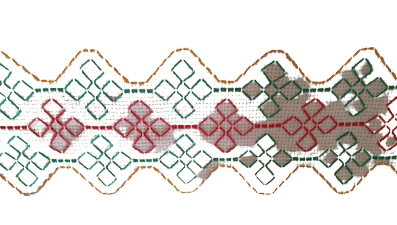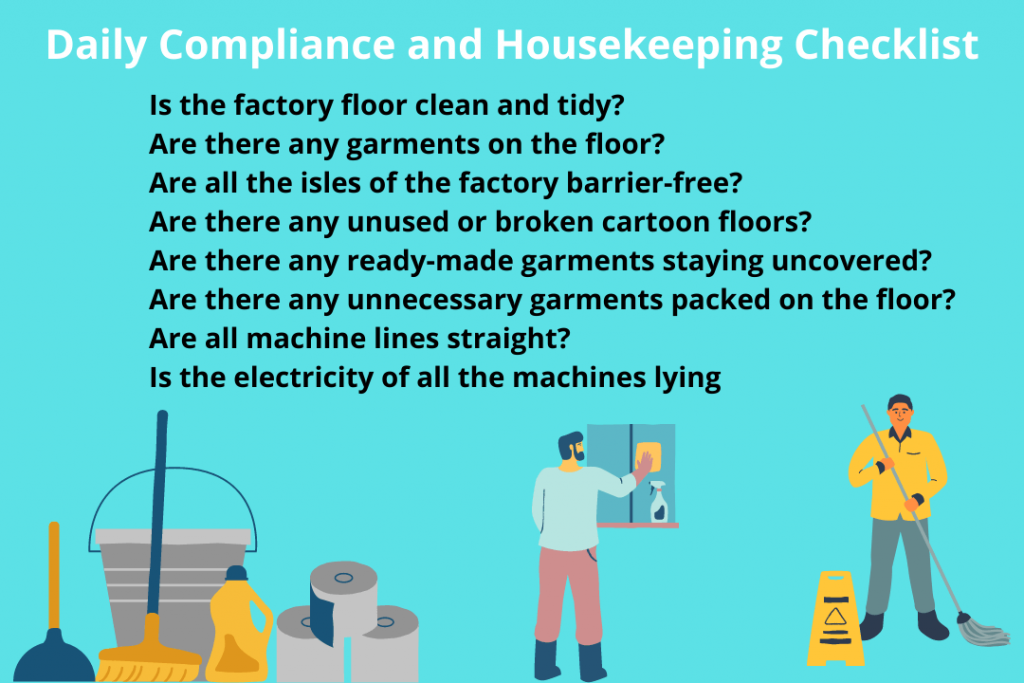Welfare Officer Job Description in the Garments Industry: Duties and Responsibilities
A Welfare Officer in the garment industry is a representative/ advocate for the workers’ well-being. They act as a bridge between the workers, mid-management, and top management, ensuring a safe, fair working environment and basic workplace needs. They work under the HR or compliance department and play a crucial role in maintaining a good relationship between workers and management in garment factories. In this article, we explain details on the Welfare Officer Job Description in the Garments Industry.
To say about Welfare Officer Job Description in the Garments Industry focuses focusing the necessary work environments to be maintained. Welfare officers ensure the factory adheres to labor regulations and company policies regarding worker welfare. They work towards creating a positive and productive atmosphere in the factory. This can involve managing leave requests, childcare facilities, canteen operations, and other benefits.

Duties & Responsibilities of Welfare Officer: Job Description in the Garments Industry
These are the basic job roles and responsibilities of Welfare Officer in the Garments industry:
- To handle all Welfare & Compliance related issues independently.
- To Conduct training as per the Training Calendar & Maintain required Training Documents.
- to establish contacts and hold consultations to maintain harmonious relations between the management of the factory and workers.
- to bring to the notice of the management of the factory the grievance of workers, individual as well as collective, to secure their expeditious redress;
- He has to promote healthy labor-management practices;
- Implementing all types of social compliance issues and buyer’s code of conduct in the factory.
- Have a good understanding of all local laws and labor acts.
- Factory compliance monitoring & report preparation.
- Managing disciplinary and grievance procedures.
- Maintaining and checking all types of firefighting and fire safety equipment & giving firefighting training for listed firefighters.
- Daily monitoring of health & safety at work workplace, Fire safety, Housekeeping, Discipline, Discrimination, and Any harassment and abuse in the factory.
- Monitoring Fire drills & arranging training programs on Fire prevention & safety, Health & Safety, PPE, MSDS, Local labor law, etc for each section.
- Audit and assist readymade garment manufacturing units to prepare for various social ethical compliance audits like G-Star, Marks & Spencer, and Tommy Hilfiger. Esprit, Charles Vogele, Bestseller, Next, Ullapopken, Gap.
- Have the ability to understand the needs of buyers and act as a bridge between buyers & the manufacturing units.
- Any discrepancy/Violation found in the factory as per compliance and law is to be aware and solved by sharing with management.
- To ensure leave & rest facilities, salary, OT allowance & compensation to all the workers & staff within the stipulated time.
- Take necessary steps according to compliance and labor laws to develop employee/worker performance.
- To make good & peaceful relation among the factory management, top management & workers/staff.
- Buyer’s Audit Handling: H&M, KAIBE, M&S, LINDEX, SEARS, TARGET, GSTAR, OVS, GAP, Kontoor.
Skills and Qualifications of a Welfare Officer
For the Welfare Officer Job Description in the Garments Industry, the minimum requirement is that the employee must have a bachelor’s degree in any discipline—proficiency in MS Office and other relevant software. Fluency in the local language (Bengali in many cases) and English. Depending on the company, there might be age limitations or a preference for female candidates. Building rapport with workers from diverse backgrounds, active listening, and clear communication are essential. Problem-Solving and Analytical Skills:** Identifying issues, finding solutions to worker concerns, and analyzing situations effectively. Providing guidance and direction to workers, taking initiative, and acting independently. Effectively managing time, resources, and programs related to worker well-being. Understanding and ensuring adherence to labor laws, safety regulations, and ethical practices in the garment industry.


